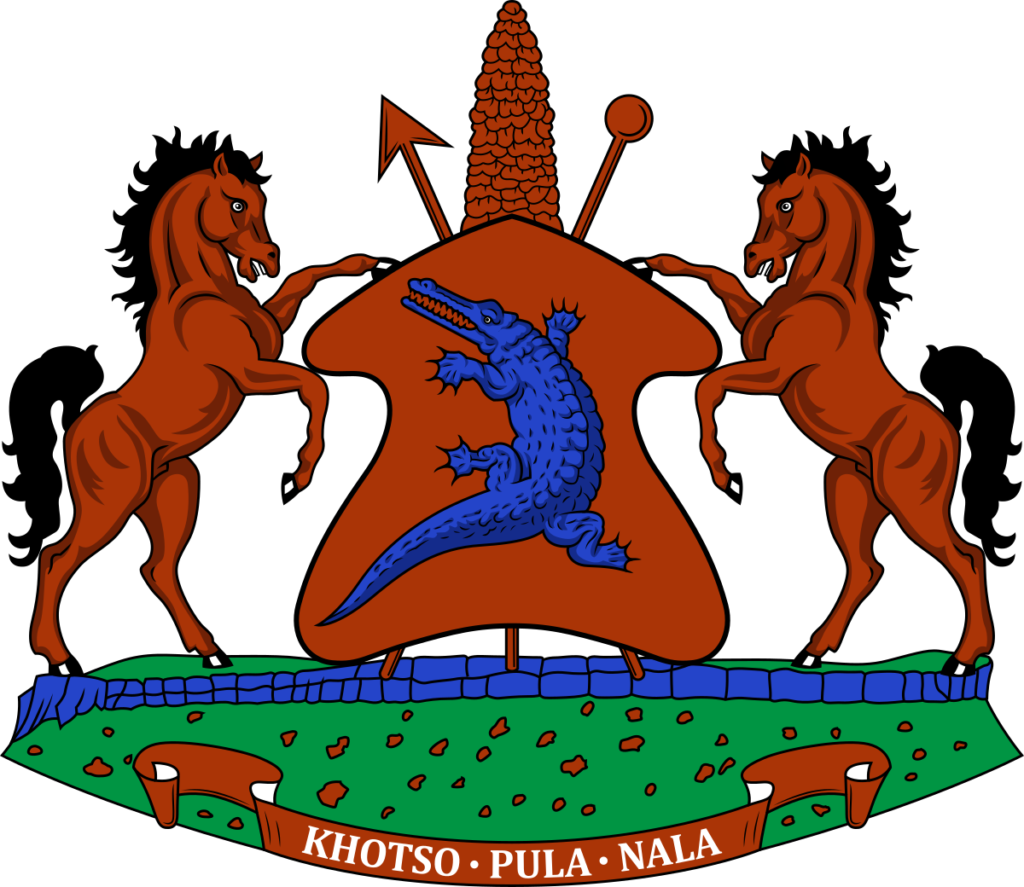Without Fear Or Favour !
The Judiciary Of Lesotho
The Judiciary of Lesotho consists of the Court of Appeal as the apex court, the High Court, and the Subordinates courts which are established in terms of the Constitution of Lesotho, section 118.
The judiciary Of Lesotho
- The Judicial system of Lesotho is an inheritance of the colonial system and its history can be traced as far back as the late 1800s. Since then, several structural changes have been occurring and these range from the introduction of rules and responsibilities of the Judiciary to the promulgation of new laws and policies.
Overview
The Judiciary of Lesotho consists of the Court of Appeal as the apex court, the High Court, and the Subordinates courts which are established in terms of the Constitution of Lesotho, section 118. The Constitution (Section 118 (2)) further provides that; “The Courts shall, in performance of their functions under the Constitution or any other law be independent and free from interference and subject only to this Constitution and any other law.” The Courts administer the Constitution, statutes laws, the common law (Roman-Dutch), and Customary law.
The Office of the Registrar of the High Court is an administrative office and supports the courts to fulfill their constitutional mandate of upholding the rule of law and in delivering justice impartially, speedily, effectively, and efficiently. The administrative office led by the Registrar supports the courts under the direction and control of the Chief Justice. The day-to-day administrative and financial running of the affairs of the Judiciary is performed by the Registrar, who is assisted by Deputy registrars, Assistant Registrars, and other staff members. Esteemed surfer, you can visit the site of all our courts and the judicial administration of the Judiciary in the main menu. Information on the courts, their structure, jurisdiction, and judicial officers are available on their respective sites.
Recent News
Recent Speeches
Speech by Hon Chief Justice Sakoane Sakoane at the inaugural sitting of the High Court (Northern Region)
The Right Honourable the Prime Minister Speaker of the National
Recent Judgements
Transformation Resource Centre and Another v Independent
Electoral Commission and Others [2024] LSI-IC 26 Civ (29 February
Frequently Asked Questions
An independent leg of government in which judicial power is vested.
Hon. Mr Justice Sakoane Peter Sakoane is the current Chief Justice of Lesotho.
His Majesty the King acting in accordance with the advice of the Prime Minister appoint Chief Justice (Section 120 of the Constitution, 1993).
A body and or institution of people presided over by a judge, judges, or magistrate(s), or Judicial Commissioners Court, Court President in civil and criminal cases.
Complaint about the judge must be made in writing and be addressed to the Secretary of Judicial Service Commission.
Judicial Service Commission is the body that has the power to appoint Magistrates, Central Court and Central presidents (Section 132 and 133 of The Constitution, 1993).
Judges are appointed by the King acting in accordance with the advice of the JSC while the Magistrates are appointed by JSC. Judges seat and preside over cases at High Court and Court of Appeal with unlimited jurisdiction while Magistrate seat and preside over cases at magistrates. Magistrates also have limited different jurisdictions.
Complaints about the Magistrate must be made in writing and be addressed to the Secretary of Judicial Service Commission. JCS may at times delegate the powers to deal with a complaint to the Chief Magistrates.
It is always advisable to maintain the dignity of the Court, the Court requests that the following list of minimum standards regarding appropriate dress be met before entering the courtroom. 1) Men should wear a shirt with a collar and long pants. (Jeans are acceptable). 2) Women should wear a dress, or a blouse and skirt or long pants.
We have Court of Appeal, High Court, Subordinates Courts and Central and Local Courts. (Section 118 of the Constitution, 1993).





